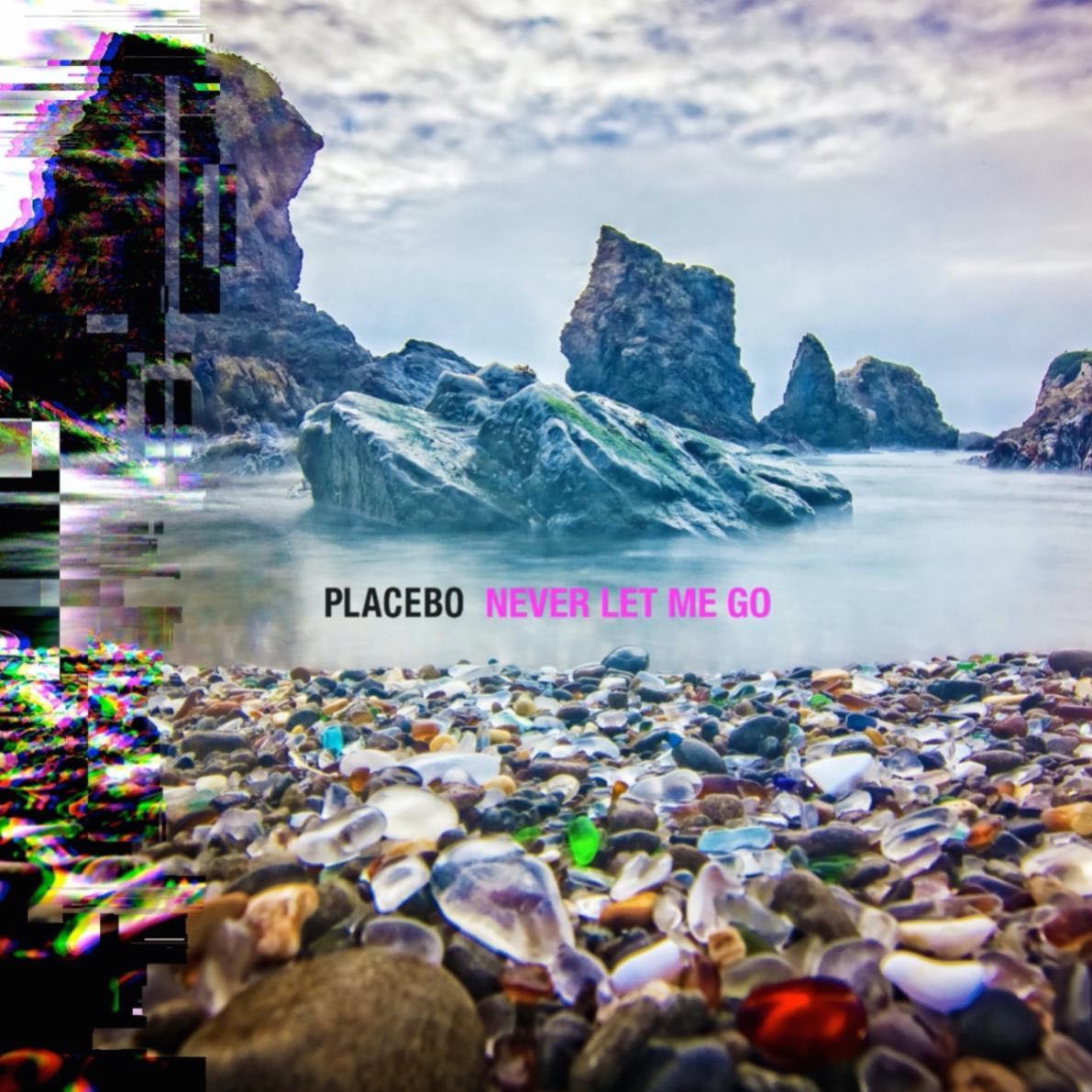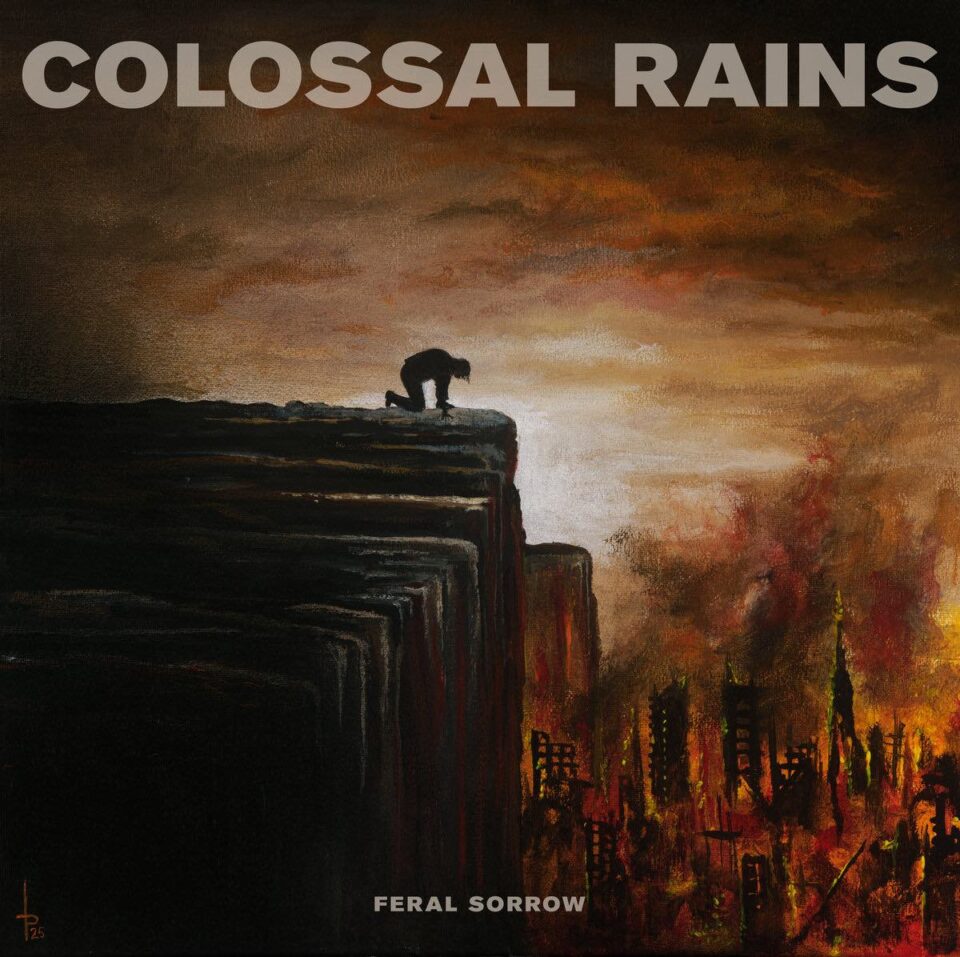Placebo
Never Let Me Go
RISE/BMG
It’s been almost 30 years since Brian Molko and Stefan Olsdal formed Placebo. Two years later, with the release of their 1996 eponymous debut album, the band penetrated the British music scene with a speedball of hedonism, aggressive androgyny, and salacious sexuality. Dripping with youth and who knows what else, it was a lasciviously brilliant, primal affair that set Placebo out from the in-vogue (and generally insipid) Britpop scene of the time—something that made the band as hated by those who didn’t understand as they were loved by those who did.
The albums that followed in its aftermath—1998’s Without You I’m Nothing, 2000’s Black Market Music, 2003’s Sleeping with Ghosts, and 2006’s Meds—were just as provocative, just as uncompromising, just as divisive. But a few clunky rhymes aside, the band’s exhilarating mix of decadence with emotional vulnerability and their distinctive style was a consistently winning formula. The two albums they released after those—2009’s Battle for the Sun and 2013’s Loud Like Love—were slightly more patchy, slightly less convincing, but the stunning MTV Unplugged and A Place for Us to Dream retrospective were welcome reminders of how revolutionary and incendiary this band had once been.
Thankfully, Never Let Me Go—the band’s first full-length in almost nine years—recaptures the glory of those earlier days more than the path of slight self-parody they had occasionally veered into since. Musically, Never Let Me Go might lack the carnal, drug-laced energy of, say, “Nancy Boy” or “The Bitter End,” but Placebo have also always been adept at writing dark ballads, and this record contains some of their best. “Beautiful James” is a heart-wrenching love song and open nod to Molko’s bisexuality that seeks to shield its subject from the horrors of the world, while both “Happy Birthday in the Sky” and “The Prodigal” are mournful elegies that carry the weight of human mortality on their fragile shoulders. But then “Twin Demons” is a hyperactive wave of bleak adrenalin, “Chemtrails” is a rush of cold blood to the heart, and “Sad White Reggae” defies its off-putting title to ruminate on the past follies of youth while nevertheless managing to capture its effervescence. Can Molko be forgiven for rhyming “fleshy” with “Lama Yeshe”? Probably not, but he’s done worse in the past.
“Try Better Next Time,” a warning about the devastating effects that humans (and, let’s face it, capitalism) have had on the planet, is the one song that feels a bit Placebo-by-numbers, but it’s still catchy and thought-provoking. The final three tracks—the forlorn and lugubrious “This Is What You Wanted,” the self-aware, largely spoken-word confessional “Went Missing,” and the dramatic tension of closer “Fix Yourself”—recall the ragged, raging glories of their past but with an added understanding of the sad fact that youth doesn’t (and can’t) last forever. Which is exactly where Molko and Olsdal are these days—older, wiser, with children in town, juggling thankful memories of a wild past with the relief that they don’t live that way anymore. But while Never Let Me Go might be the final nail in the coffin of the band’s reckless, decadent, carefree youth, it also sees them back to their best.







